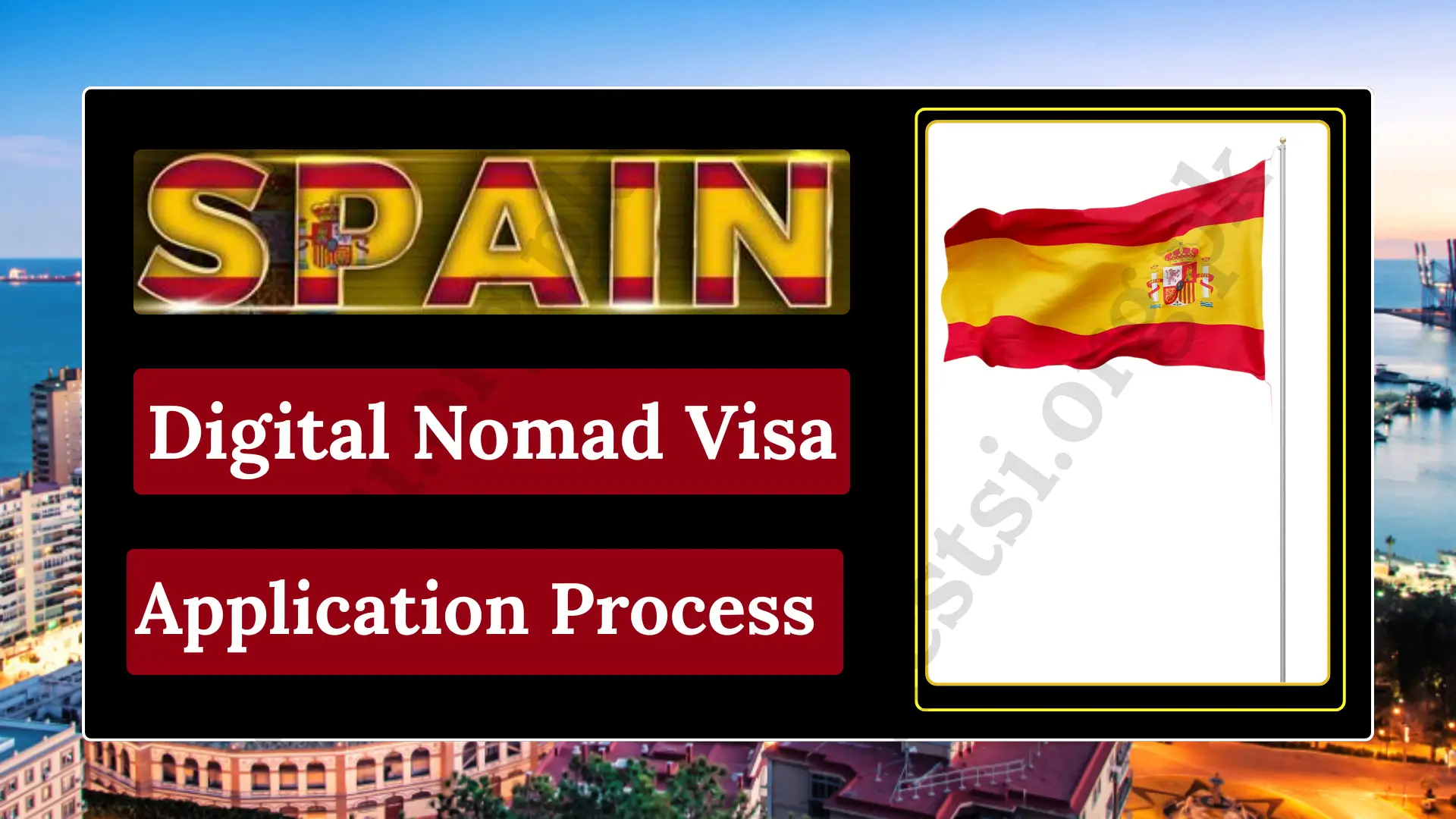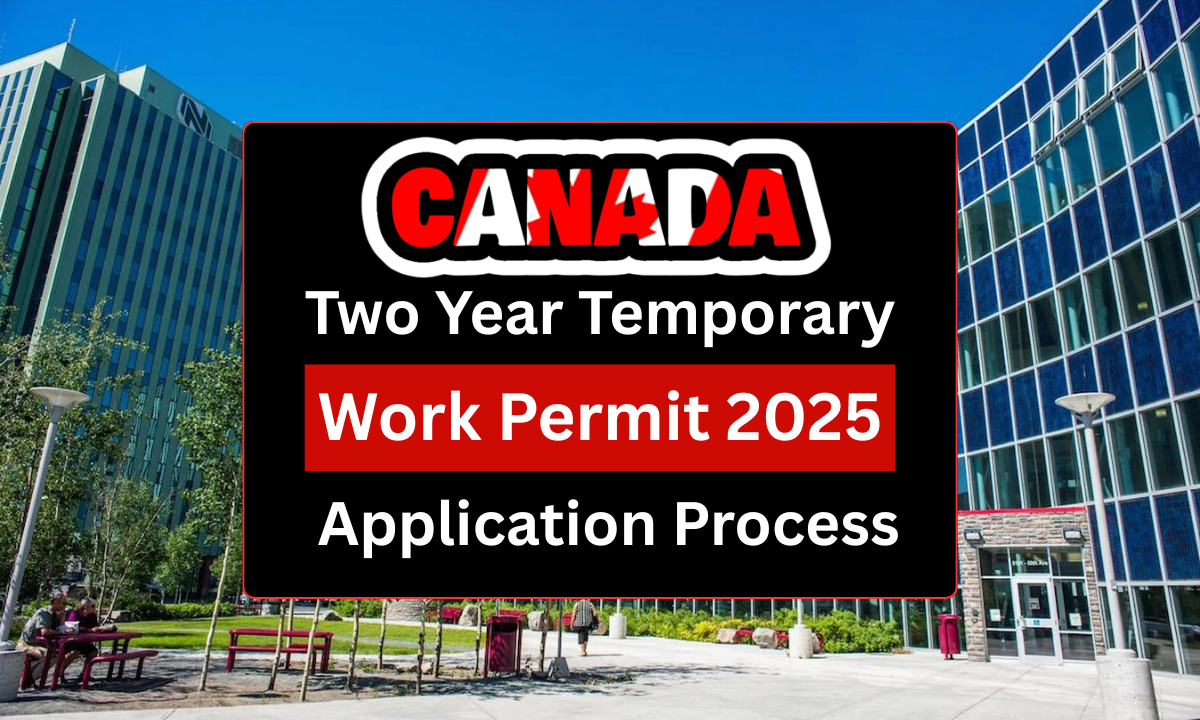Spain Digital Nomad Visa Process 2025: Step by Step Guide. Spain has become one of the most popular destinations for digital nomads in 2025. With its rich culture, beautiful cities, stunning coastlines, and relatively low cost of living, many remote workers are now looking to live and work from Spain. To support this, the Spanish government introduced the Digital Nomad Visa, allowing foreign nationals to reside in Spain while working remotely for companies or clients abroad.
What is Spain Digital Nomad Visa?
The Spain Digital Nomad Visa is designed for non-EU citizens who want to live in Spain while working remotely. Key points include:
- Applicants cannot work directly for Spanish companies; income must come primarily from foreign employers or clients.
- The visa is valid for up to five years, with renewals based on your situation.
- After five years of continuous residence, visa holders may be eligible for permanent residency.
Benefits of Spain Digital Nomad Visa
The visa offers several advantages for remote workers and business owners:
- Access to Spain’s public healthcare system after registration.
- Family members can join under one visa.
- Special tax benefits under Spain’s “Beckham Law.”
- Freedom to travel across the Schengen Zone.
- Renewable for up to five years with possibility of permanent residency.
Eligibility Criteria for 2025
To apply for the Spain Digital Nomad Visa, applicants must meet these conditions:
- Must be a non-European/EEA/Swiss citizen.
- Work primarily for companies or clients outside Spain.
- If working for a Spanish company, income from them must not exceed 20% of total earnings.
- Minimum of 3 months work experience with current employer or clients.
- Employer or company must have been operating for at least 12 months.
- Provide college degree, professional qualification, or 3 years of work experience.
- Clean criminal record for the last five years.
- Valid health insurance in Spain.
- Meet the minimum income requirement, typically around €2,200 per month, depending on dependents.
Required Documents
Applicants need the following documents to apply:
- Valid passport (minimum 12 months’ validity)
- Completed visa application form
- Recent passport-sized photos
- Proof of remote employment or freelance contracts
- Company letter confirming employment
- Bank statements or financial proof to meet income requirements
- Degree certificates or professional qualification
- Criminal record certificate from country of residence
- Proof of medical insurance valid in Spain
- Accommodation details in Spain
- Marriage certificate and birth certificates (if applying with family)
Step-by-Step Application Process
Step 1: Gather Documents
Prepare all necessary documents, translate them to Spanish if required, and get them legalized or apostilled.
Step 2: Apply for the Visa
You can apply:
- At the Spanish consulate in your home country, or
- In Spain on a tourist visa, then apply for a residence permit.
Step 3: Submit Application
Submit your documents to the consulate or nearest immigration office.
Step 4: Pay Visa Fee
Pay the processing fee and keep the receipt.
Step 5: Wait for Processing
Processing may take several weeks or months depending on the consulate workload.
Step 6: Receive Visa and Travel
Once approved, you can travel to Spain. You have 30 days to request your Foreign Identity Card (TIE).
Step 7: Enroll in Spain
Register at the local town hall and request your residence permit to live and work legally.
Family Members
The visa allows spouses, partners, and dependent children to join the main applicant. Additional documents may be required to prove that the applicant can financially support their family.
Taxes for Digital Nomads
Under Spain’s Beckham Law, digital nomads can pay a flat tax rate of around 24% on income earned outside Spain for up to five years. Consulting a tax advisor is recommended to understand the implications.
Visa Renewal and Permanent Residency
- The first visa is valid for one year, renewable up to five years.
- Continuous residence for five years allows eligibility for permanent residency.
- After ten years, applicants may apply for Spanish citizenship, meeting cultural and integration requirements.
Challenges
- Processing may be delayed due to high demand.
- Translating and legalizing documents can be time-consuming.
- Proof of stable income is strictly required.
- Until fully registered, healthcare costs must be covered privately.
FAQs
Q1: How long is the visa valid?
A1: Initial validity is one year, renewable up to five years.
Q2: Can family members join?
A2: Yes, spouses, partners, and dependent children can join.
Q3: Minimum income required?
A3: Around €2,200 per month, depending on dependents.
Q4: Can I work for Spanish companies?
A4: Yes, but income from Spanish companies must not exceed 20% of total earnings.
Q5: Is permanent residency possible?
A5: Yes, after five years of continuous residence. Citizenship can be applied after ten years.
Conclusion
The Spain Digital Nomad Visa 2025 is an excellent opportunity for remote workers who want to live in Europe while maintaining international careers. With proper preparation, meeting eligibility criteria, and following the step-by-step process, applicants can enjoy residency, family inclusion, tax benefits, and long-term settlement in Spain.



















